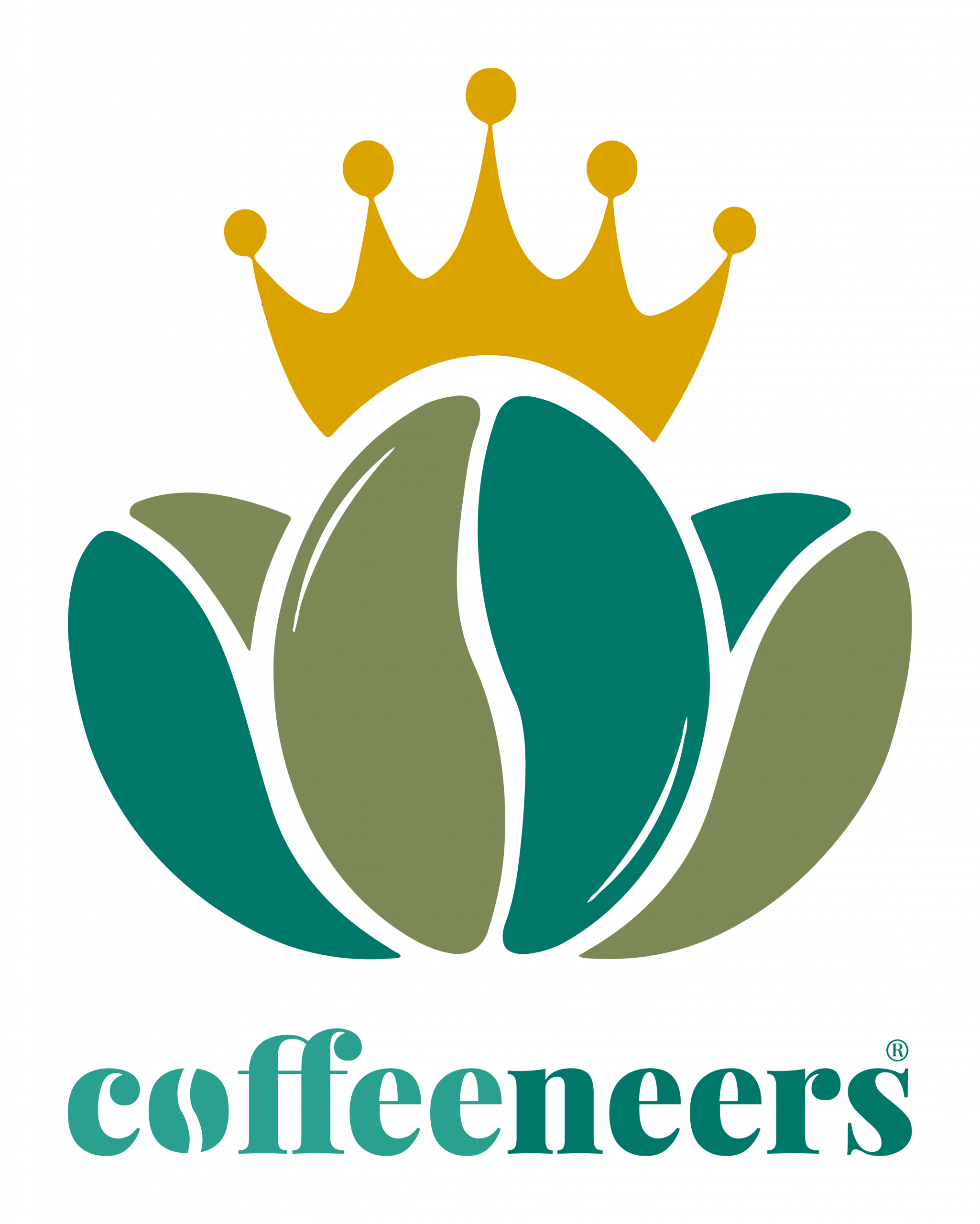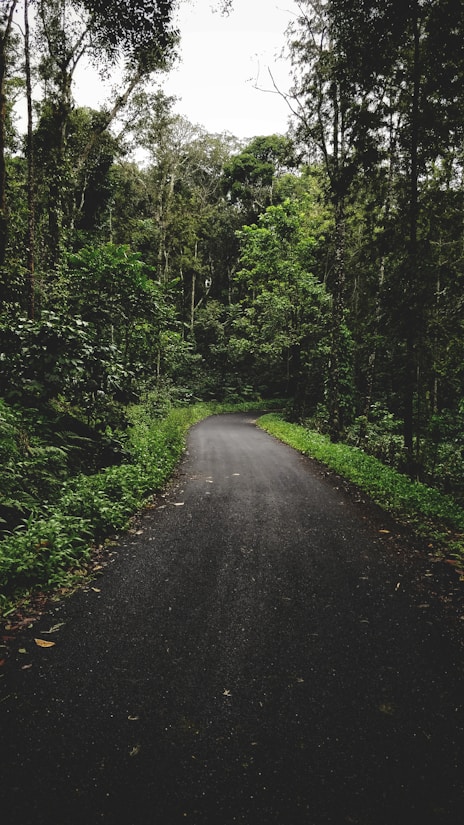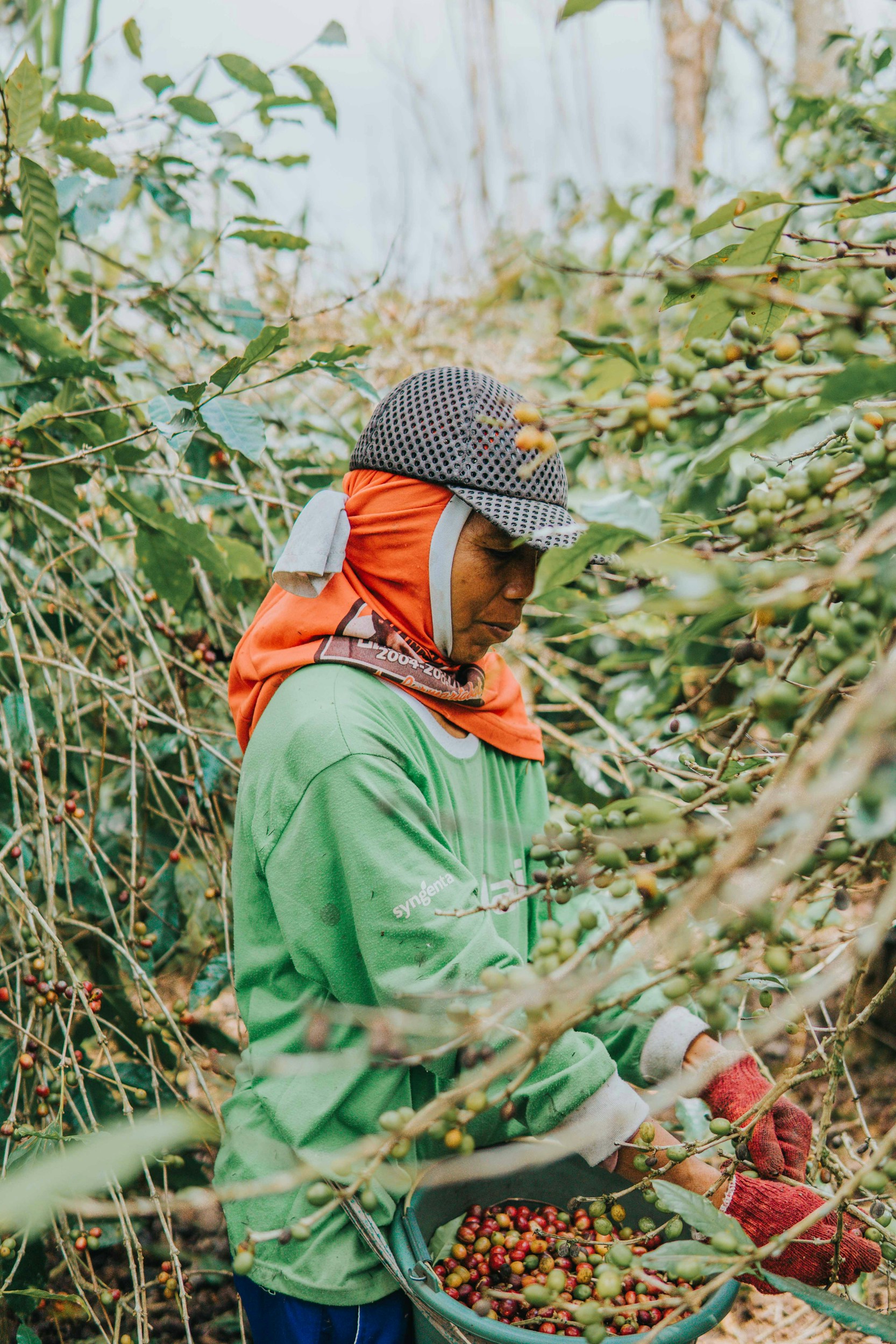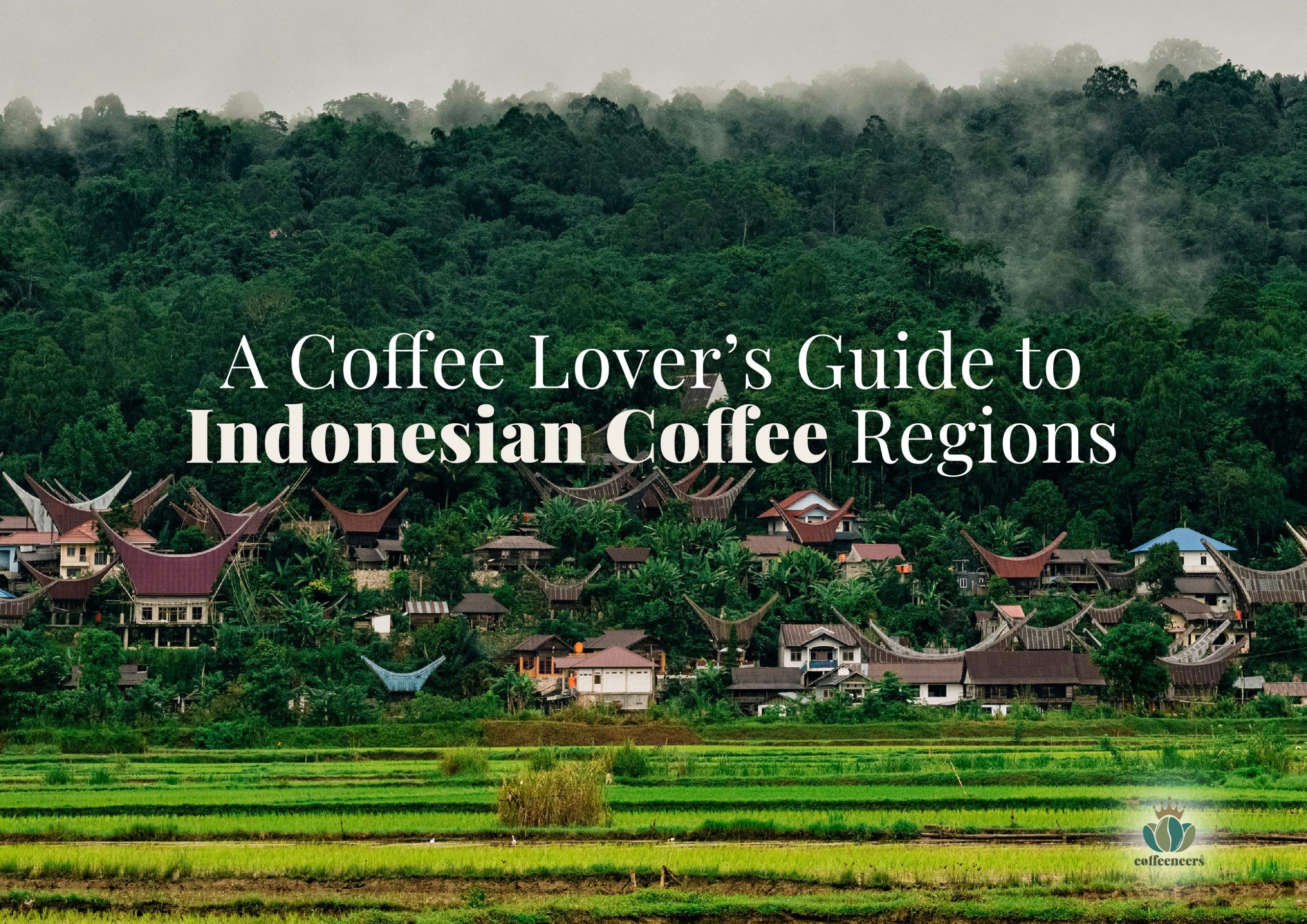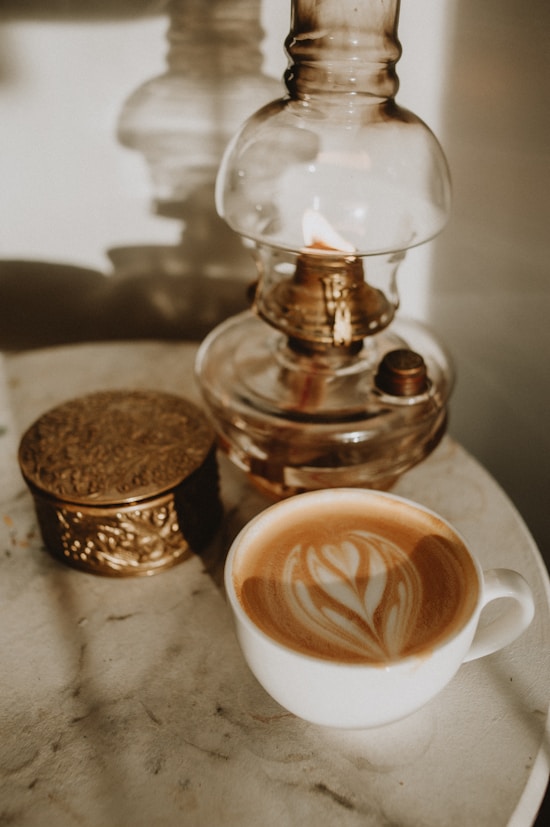An Introduction to
Indonesia, a sprawling archipelago of over 17,000 islands, is a paradise of rich landscapes, vibrant cultures, and age-old traditions. But among its many treasures, one stands out as a particularly cherished gift to the world—coffee. With a coffee history dating back centuries, Indonesia has cultivated a deep-rooted coffee culture, distinct in its origins, unique in its practices, and rich in flavour. The diverse climates, elevations, and soil types across its islands create an impressive range of coffee profiles that captivate enthusiasts worldwide.
In this guide, we will take you on a sensory journey across Indonesia’s iconic coffee-growing regions, from the bold, earthy flavours of Sumatra to the floral, delicate notes of Flores. Each region offers a distinct taste that reflects its environment, traditions, and the dedication of the farmers who bring these beans to life. Join us as we explore the fascinating world of Indonesian coffee, one region at a time.
Sumatra: The Land of Earthy Delights
Sumatra, Indonesia’s largest island, is world-renowned for its rich, full-bodied coffee that leaves a lasting impression. The coffee here is distinguished by its deep, earthy tones, often accompanied by hints of dark chocolate, cedar, and spices. This unique profile is attributed to the region’s volcanic soil, warm climate, and the traditional wet hulling processing method known locally as giling basah. This method, which is nearly exclusive to Indonesia, enhances the coffee’s body and complexity, giving Sumatran beans their signature earthy flavour.
One of the most celebrated Sumatran coffees is Mandheling, named after the Mandailing people of northern Sumatra. Mandheling coffee is celebrated for its smooth, syrupy body, with subtle herbal notes that enhance its rich flavour profile. Similarly, Lintong coffee, grown near Lake Toba, boasts spicy undertones and bright acidity that balance its full body. These coffees are particularly suited to dark roasts, bringing out their unique, intense characteristics.
In Sumatra, coffee isn’t just a crop; it’s part of the landscape and livelihood. The island’s coffee-growing regions, such as Aceh and Lake Toba, are lined with smallholder farms, often run by families who have tended their coffee plants for generations. This heritage shines through in every cup, making Sumatra a must-experience destination for coffee enthusiasts seeking a bold, earthy brew.
Java: The Birthplace of Indonesian Coffee
Java holds a special place in the heart of Indonesia’s coffee story. It was here in the 17th century that the Dutch introduced coffee cultivation to Indonesia, planting the first coffee trees on the island. Since then, Java has become synonymous with coffee, and Javanese beans have earned a reputation for their unique characteristics. The volcanic soil, high altitudes, and temperate climate of the island combine to produce a coffee that is both refined and full-bodied.
Javanese coffee is known for its bright acidity and herbal undertones. It offers a smooth, balanced profile with a hint of spiciness and sometimes a touch of sweetness. Java Arabica is often preferred for its clean finish and mellow taste, making it an ideal choice for blends as well as single-origin coffee. Aged Java coffee, often referred to as Old Java or Old Brown Java, is an even more unique offering. This coffee is carefully stored for several years, during which time it develops a deep, earthy flavour with low acidity and heavy body—qualities that have made it a prized selection among connoisseurs.
For coffee lovers, a cup of Java offers more than just caffeine. It provides a sip of history and a taste of the island’s dedication to preserving its coffee legacy, making it a cornerstone of Indonesian coffee culture.
Sulawesi: The Jewel of the East
Sulawesi, formerly known as Celebes, is an island celebrated for its distinct and flavourful coffee. The highland regions of Toraja and Enrekang are particularly well-known for producing some of the best coffee beans in the world. Sulawesi’s unique topography and altitude create an environment that nurtures beans with exceptional character and quality.
Sulawesi coffee is known for its bright acidity, fruity undertones, and complex flavour profile. Toraja coffee, in particular, stands out with its balanced acidity and flavours of ripe fruit, with undertones of dark chocolate and hints of spice. The beans often have a smooth, full body and a clean finish, making them a favourite among those who prefer a lively, vibrant cup. Sulawesi coffee is typically processed using the wet hulling method, which adds a layer of complexity to the flavour, enhancing its depth and richness.
In Toraja, coffee is more than just a commodity; it’s woven into the cultural fabric. The indigenous Toraja people maintain traditional practices that are reflected in the way they cultivate and process coffee, making Sulawesi an unmissable destination for those seeking a unique, artisanal coffee experience.
Bali: The Island of Harmony
Bali, often known for its lush landscapes, beaches, and spiritual atmosphere, is also an up-and-coming star in Indonesia’s coffee scene. The island’s coffee is typically grown on the volcanic slopes of Mount Batur in the Kintamani region, where the high altitude and volcanic soil produce beans with distinctive characteristics.
Balinese coffee is characterized by its sweet, fruity flavours and lively acidity. Often, the coffee plants are intercropped with citrus trees, which impart subtle citrus notes to the coffee and enhance its brightness. Coffee from Bali is typically processed using the wet method, resulting in a clean, light-bodied coffee that is perfect for those who enjoy a delicate and aromatic brew.
The island’s Hindu culture and emphasis on balance are reflected in the farming practices here, where sustainable and organic farming methods are the norm. In Bali, coffee farms are often cooperatives, where local farmers work together to produce high-quality beans. The sense of harmony and community shines through in each cup of Balinese coffee, making it a unique experience that embodies the island’s spirit.
Flores: Emerging Coffee Frontier
Flores, an island in eastern Indonesia, is quickly gaining recognition in the coffee world for its unique beans and flavours. The volcanic soil, high altitudes, and tropical climate create ideal growing conditions for coffee with bright acidity and floral notes.
Flores coffee is still relatively new to the specialty coffee market, but it is already making waves. The beans often display a delicate balance of sweetness and acidity, with notes of tropical fruits, caramel, and subtle floral undertones. Flores coffee has a smooth, medium body and a clean finish, making it a refreshing choice for coffee drinkers seeking a light, floral profile.
As an emerging coffee region, Flores offers the excitement of discovering new flavours and profiles. The island’s coffee culture is rapidly evolving, with local farmers embracing sustainable practices and working hard to put Flores on the map as a specialty coffee destination.
Aceh: The Bittersweet Resilience
Located on the northern tip of Sumatra, Aceh is home to one of Indonesia’s most distinguished coffees: Gayo coffee. The region of Aceh, particularly the highlands around Lake Tawar, produces beans with bright acidity, complex flavours, and a medium-to-full body. Gayo coffee is often described as smooth and earthy, with hints of chocolate, spices, and sometimes even a floral aroma.
The Gayo coffee-growing community is known for its resilience and dedication. After the devastating 2004 tsunami, the farmers of Aceh came together to rebuild their coffee industry, turning Gayo coffee into a symbol of hope and recovery. Today, Gayo coffee has a strong following among coffee enthusiasts who appreciate both its rich flavour and the inspiring story behind it. The region’s coffee is often certified organic and fair trade, reflecting the commitment of the Gayo people to quality and ethical production.
In Conclusion
Indonesia’s coffee regions offer an extraordinary palette of flavours, each reflecting the landscape, traditions, and dedication of the people who cultivate it. From the earthy richness of Sumatra’s Mandheling to the bright floral notes of Flores, each region presents a unique coffee experience that resonates deeply with coffee lovers around the world.
Exploring Indonesian coffee is not just about savouring a delicious brew; it’s about connecting with a cultural heritage that spans centuries and experiencing the diversity of an entire archipelago in each sip. Indonesian coffee invites you on a journey through islands and mountains, introducing you to people and traditions that are as vibrant and diverse as the beans themselves. So, the next time you enjoy a cup of Indonesian coffee, take a moment to appreciate the journey—from bean to brew—that brings this exceptional coffee to your table, one island at a time.
